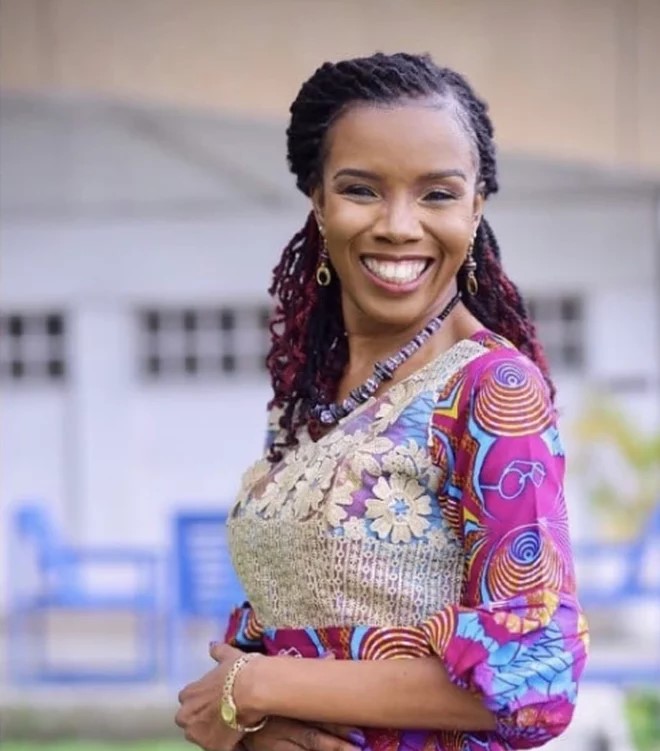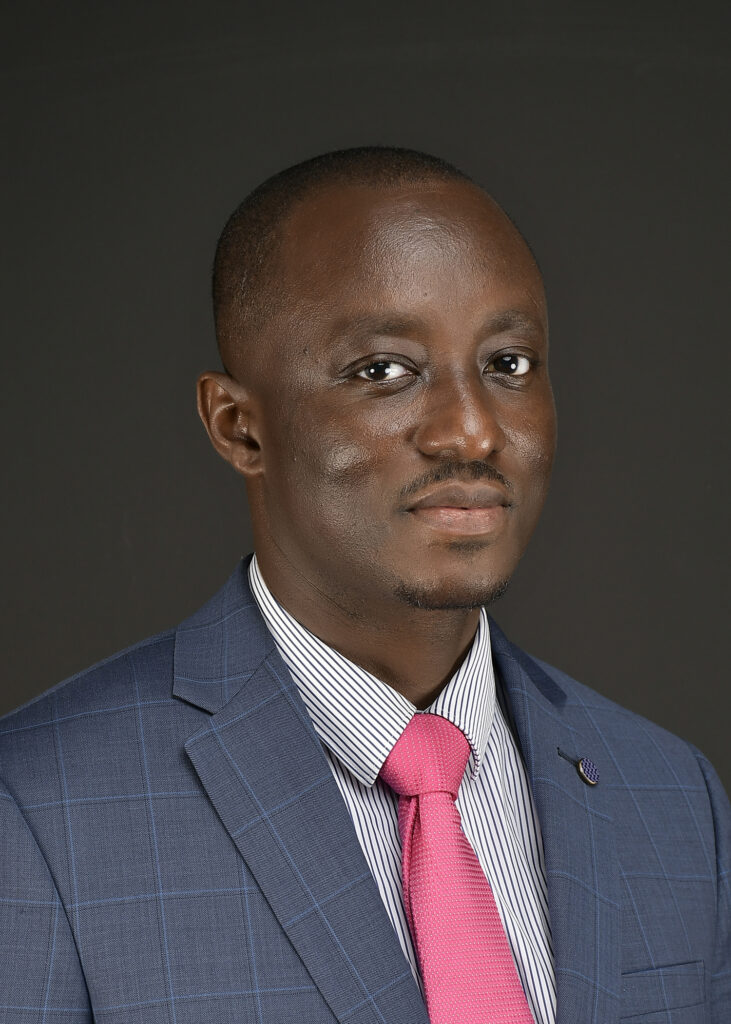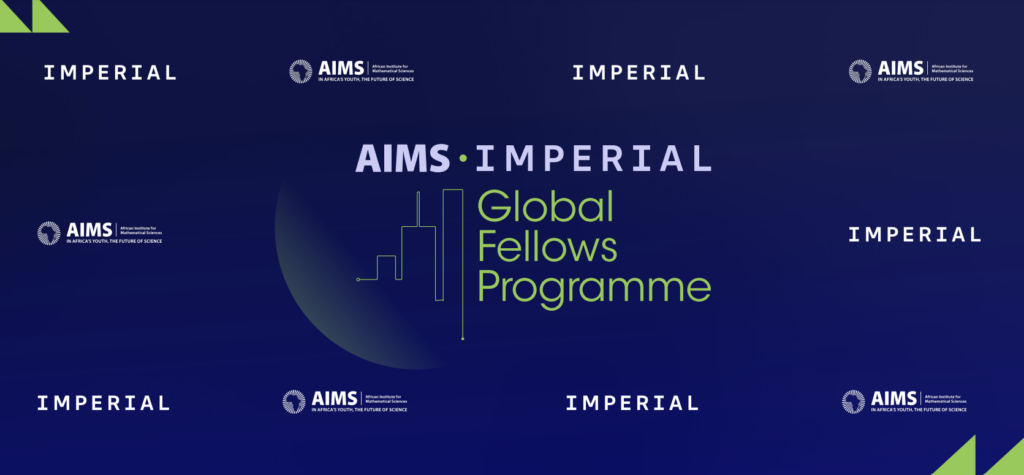The African Institute for Mathematical Sciences (AIMS) will host the second bi-lateral Global Fellows Programme in partnership with Imperial College London. The programme will take place on 11 –15 November 2024 in Accra, Ghana, hosted by AIMS Ghana.
In the current scientific environment, international and interdisciplinary collaborations and networking are the basis for developing successful projects. In a competitive research environment, funding is increasingly drawn to interdisciplinary, collaborative research with partners from around the world. The modern researcher requires both excellence in research and professional skills and competencies.
About
This exciting programme is designed to facilitate participants to actively focus on the development of these professional skills and competencies. Approximately 40 doctoral researchers from AIMS, the University of Ghana and Imperial will work together to develop professional, research, and collaborative skills as well as the intercultural awareness that is required to establish and continue successful collaborations.
During this five-day programme, participants will work in interdisciplinary and international groups, assisted by a coach from one of the partner institutions. During the programme, participants will enhance:
- Their ability to work collaboratively on research ideas
- Their ability to network and communicate effectively and with impact in interdisciplinary and intercultural teams
- Their intercultural and international competency and awareness
- Their creativity to develop collaborative research ideas
- Their appreciation of research in international institution
Participants will also have the opportunity to apply those skills and competencies to develop creative innovations addressing global challenges under the programme theme ‘Synergizing Efforts for Healthy and Sustainable Cities’.
The concept of Healthy Cities, aligned with Sustainable Development Goal (SDG) 11, focuses on transforming urban spaces into sustainable, resilient communities that prioritise the well-being of their inhabitants. According to the World Health Organization (WHO), a healthy city continuously enhances its physical and social structures, augmenting community resources to support mutual well-being and allow individuals to achieve their fullest potential. This vision encompasses a broad spectrum of initiatives, from reducing pollution and increasing green spaces to improving waste management. It also emphasises innovations in urban health, such as ensuring access to nutritious food, mental health services, and fitness facilities, alongside leveraging advanced technologies like the Internet of Things (IoT) for monitoring air quality, noise levels, and developing efficient public transportation systems to cut down emissions. These efforts are not only pivotal in advancing public health but also in addressing climate change, enhancing urban resilience to extreme weather events, and securing sustainable food and water supplies.
Participants are thus expected to dive deep into these challenges, exploring and devising innovative solutions that promote sustainability and health in urban settings. The intersection of SDG 11 with other SDGs such as 3 (Good Health and Well-being), 6 (Clean Water and Sanitation), 7 (Affordable and Clean Energy), 13 (Climate Action), 14 (Life Below Water), and 15 (Life on Land) highlights the interdisciplinary nature of creating healthy urban environments. Participants are encouraged to think holistically, considering how advancements in urban planning, technology, and social policy can collectively foster environments where cities not only grow more sustainable but also become havens that nurture the health and potential of all their residents.
Student Experiences:
‘The GFP has been one of the highlights of my time as a PhD student. Meeting new people, getting of my comfort zone, and working on a project in a different research field has been a rewarding experience that, in my opinion, all PhD students should try to experience.’
‘Knowing is not enough. We must apply.’
‘I would recommend it to anyone who wants to learn about other cultures, develop their professional skills and have fun whilst doing it!’
‘The GFP was a great avenue to meet fellow PhD students in an interdisciplinary environment to work on a project not necessarily in your field.’
You can read student experiences of previous Global Fellows Programmes on this webpage.
Any additional queries not answered in webpages, please contact Laura Bulmer & Beth Yates
Co-Course Directors
 | Dr Yaé U. Gaba, Research Associate at QLA-AIMS RIC AIMS Academic Lead, Co-Programme Director Yaé U. Gaba is a Research Associate at QLA-AIMS, an AIMS-QLA Academic Lead, Co-Programme Director and Coach. He completed his doctoral studies at the University of Cape Town (UCT, South Africa) with specialization in Topology and is presently a Research Associate at Quantum Leap Africa (QLA). He also holds a research Master’s degree in Pure Mathematics from the African University of Sciences and Technology (AUST, Nigeria) in the area of Calculus of Variations. His research interests are applied algebraic topology (topological data analysis), geometric machine learning (graph and point-cloud representation learning). His current focus lies in geometric and variational methods in data analysis. The key job there is to design tools from Geometry, Topology and Functional Analysis useful in analysing and visualisation data. As a topologist, his work is also to seek for the applications of Asymmetric Topology to the complexity analysis of algorithms and in that line, his work also involves developing practical machine learning algorithms with rigorous theoretical foundations. He is currently a Research Associate at QLA-AIMS. |
 | Dr Helal Ahmed, Senior Teaching Fellow at the Early Career Researcher Institute (ECRI) Imperial College London Imperial Academic Lead, Co-Programme Director Helal is a Senior Teaching Fellow at the Early Career Researcher Institute (ECRI) an Imperial Academic Lead and Co-Programme Director. He has a scientific background in education and research and currently works as a Senior Teaching Fellow, specialising in personal and professional skills development at ECRI , Imperial College London. He delivers a range of courses from Agile Project Management to Presentation Skills to postgraduate students, using a variety of creative tools and techniques. He has experience in curriculum design, instructional design (ABC approach), blended learning, flipped-classroom, and the use of e-learning technology. Helal is a trained coach and mentor and always strives to become more creative in teaching, learning, and supporting people with their personal and professional development. |
Programme Coaches
 | Dr. Caroline Dinam Badzi, Lecturer, Department of Maternal and Child Care, University of Ghana School of Nursing and Midwifery Caroline is a Lecturer at the Department of Maternal and Child Care, University of Ghana School of Nursing and Midwifery. She is a Registered General Nurse (RGN) with a PhD in Public Health from the University of Ghana School of Public Health. She has been involved in research in maternal and adolescent sexual and reproductive health and currently lectures at the department of Maternal and Child Health Nursing at the University of Ghana, School of Nursing and Midwifery. She lectures on adolescent reproductive health, quality improvement and safety midwifery and paediatric. Dr. Badzi is passionate about empowering midwives and nurses with information on contextual nuances of women and adolescent health. She provides voluntary health promotion activities for women, adolescents, and young people and young persons in churches and communities across Ghana. |
 | Dr. Rhoss Likibi Pellat, Postdoctoral Fellow, African Institute for Mathematical Sciences Ghana Rhoss is a Postdoctoral Fellow at the African Institute for Mathematical Sciences Ghana. He has, since May 2023 been an AvH Research Associate/ Postdoctoral Fellow at AIMS-Ghana under the mentorship of the German Research Chair Prof Olivier Menoukeu Pamen. He completed his PhD in December 2022 and defended his thesis in December 2023, under the supervision of his mentor. His research interest are Forward–backward SDEs and social sciences. Recently, his focus has been on the numerical simulation of solutions to FBSDEs with singular coefficients and is currently working on the restoration of the well-posedness of ODEs with continuous and nowhere differentiable deterministic functions. |
 | Dr. Agnes Adom-Konadu, Lecturer, Department of Mathematics, University of Cape Coast, Ghana Agnes is a Lecturer at the Department of Mathematics, University of Cape Coast, Ghana and an associate supervisor for the African Institute for Mathematical Sciences (AIMS) – Ghana. She holds a PhD in Mathematics from the University of Cape Coast, Ghana. She uses ordinary differential equations, partial differential equations, optimal control theory, and fractional derivatives to gain insights into the qualitative behaviour of nonlinear dynamical systems arising from mathematical modelling of natural science phenomena, with a focus on the transmission dynamics and control of emerging and re-emerging diseases. She is also a mentor and a role model for young women (and young men) pursuing mathematics-related careers and an advocate for STEM education in her university and second cycle institutions in Ghana (particularly in her region). |
 | Dr. Bernard Oduoko Bainson, Lecturer, Kwame Nkrumah University of Science and Technology, Ghana Bernard had his postgraduate studies at the African Institute for Mathematical Sciences (AIMS) Ghana and later joined the department of mathematics, Heriot Watt university for a doctoral research training. Upon completion, he joined the department of Mathematics of the Kwame Nkrumah University of Science and Technology as a lecturer. While on it, he served on a part-time base as an Academic Manager at AIMS Ghana, managing the Regular Masters and the Master’s in Mathematical Sciences Program for Teachers (MMST). He is an affable and enthusiastic teacher with a research focus in semigroup theory with influence from other areas of mathematics and science. |
 | Dr. Magdalena Jara, Principal Teaching Fellow, the Early Career Researcher Institute (ECRI) Imperial College London Magdalena is currently a Principal Teaching Fellow, the Early Career Researcher Institute (ECRI). As Head of Pedagogy, she leads on ensuring the quality of the learning and teaching activities within the ECRI’s programmes. Magdalena also leads the Graduate Teaching Assistants (GTA) Programme. Before joining Imperial College in 2020, Magdalena worked at the Doctoral College in Coventry University, the University Teaching Centre at Universidad Catolica in Chile, and as a fellow in the Learning Technologies Unit at the Institute of Education IOE (now UCL). She has a degree in secondary school teaching of History. She also completed an MA in ICT in Education and a PhD in Quality assurance and eLearning, both awarded by the Institute of Education, University of London (now UCL Institute of Education). She holds a Senior Fellowship of the Higher Education Academy since 2016. |
 | Chris Meadows, Senior Learning Designer, the Early Career Researcher Institute (ECRI) Imperial College London Chris joined Imperial as a Senior Learning Designer in the Early Career Researcher Institute (ECRI). He is the Programme leader for the Research Integrity Programme. With a background in filmmaking and education Chris worked in Dubai for 4 in a secondary education setting. Returning to the UK, he worked for Apple as a Creative Trainer specialising in video editing before moving into HE. He has over 15 years experience as a Senior Lecturer in Communication and in various learning technology roles. He is a Fellow of Advance HE (HEA) and a member of the Association of Learning Technologists (ALT). |
k
Programme Organisers
 | Dr. Angela Tabiri, Academic Manager and Research Associate, African Institute for Mathematical Sciences Ghana Angela is currently a Research Associate with interest in Quantum Algebra and an Academic Manager for the Girls in Mathematical Sciences Programme (GMSP) and the Master of Mathematical Sciences for Teachers (MMST) Programme at AIMS Ghana. The GMSP nurtures the talents of secondary school girls from Ghana to unlock their potential in the mathematical sciences. A success of the GMSP is that from November 2020 to date, Angela has directly mentored 116 high school girls from Ghana with about 80% pursuing STEM at the tertiary level. The MMST is a two year part time 70% online masters programme for high school teachers in Africa designed to equip mathematics teachers at the secondary level with 21st century mathematical skills towards improved content and methodology in teaching mathematics. About 100 teachers have graduated from the programme since its inception from 2020 to date. As a science communicator, she organises Science Slam Ghana, a science communication event where researchers present their research to a lay audience in fun and engaging ways. In July 2024, Angela was adjudged the World’s Most Interesting Mathematician 2024 by aperiodical.com. |
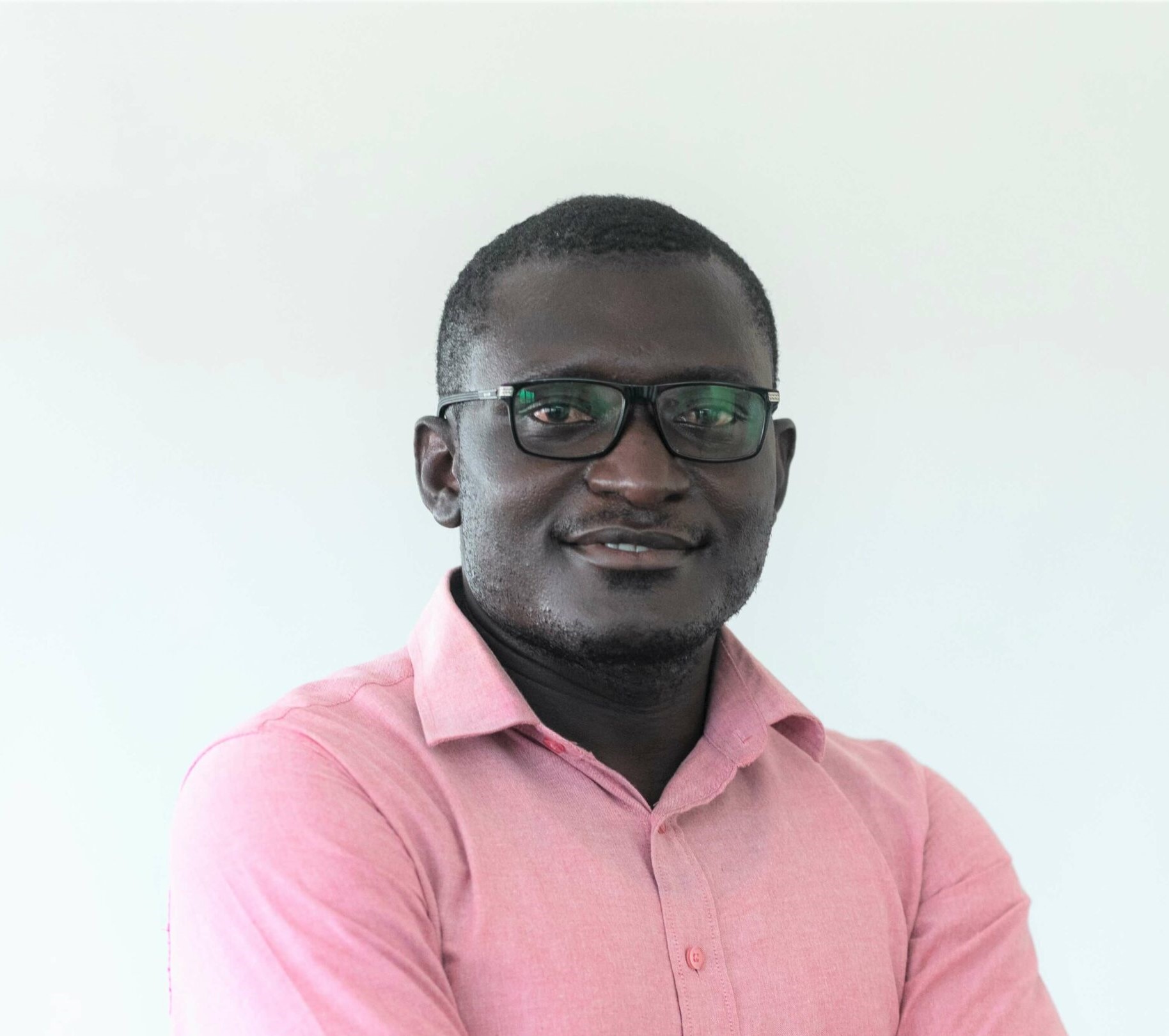 | Joel Bamfo-Appiah, Senior Program Officer, African Institute for Mathematical Sciences Ghana Joel Bamfo-Appiah, an alumnus of AIMS Ghana, where he earned his MSc in Mathematical Sciences in 2020, has been an integral part of the AIMS team since 2021 and has served in different capacities. Holding a bachelor’s degree in Statistics from the Kwame Nkrumah University of Science and Technology, Joel’s passion for ensuring accessible, quality education is the driving force behind his professional journey. His blend of academic excellence and pragmatic leadership continues to contribute immensely to the educational landscape of Ghana. |
 | Molly Mutesi, Manager for Scientific Programs at the AIMS Research and Innovation Centre (AIMS RIC) Molly is the Manager for Scientific Programs at the AIMS Research and Innovation Centre (AIMS RIC). In this role, she manages research programs to enable researchers at the AIMS Research and Innovation Centre to focus on their core activities with little or no administrative difficulties. Additionally, she oversees reporting and program-level M&E for all research and related activities conducted at AIMS RIC. She also provides support with the mobilisation of resources needed to sustain and scale- up the Centre activities. |
 | Laura Bulmer, Senior International Relations Manager, International Relations Office, Imperial College London Laura is the Senior International Relations Manager International Relations Office, Imperial College London. She has responsibility for partnerships and programmes in education and mobility. Laura also coordinates the College’s engagement with the UK Government Turing Scheme. She has lived and worked in the education sector in Hungary and Japan and has a degree in International Politics and International History and an MA in Education (Culture, Language and Identity). |
 | Beth Yates, International Relations Officer (STEMMB Global Mobility), International Relations Office, Imperial College London Beth is the International Relations Officer (STEMMB Global Mobility) at the International Relations Office, Imperial College London. Her role in the International Relations Office supports student international opportunities around the world, such as Global Fellows Programmes and UG exchange. Prior to joining Imperial, Beth was a Languages teacher in UK secondary education. She studied Modern Foreign Languages at Newcastle University. |
Local Organising Committee
- Dr. Prince K. Osei
- Dr. Angela Tabiri
- Ms. Rhoda Nana Safowa
- Mr. Joel Bamfo-Appiah
- Mr. Seyram Anku-Etu
- Ms. Naomi Abla Bada
- Ms. Sethlina Ocloo
- Ms. Charlene Asiedu
- Ms. Priscilla Serwaah Gyasi
- Mr. Setorwu Data Adzah
kkkkkkkkkkkkkkkkkkkkkkkk
Academic Knowledge Interchange: Speakers
 | Mr. Eliasu Ali, Policy Lead for Minerals and Mining Policy, Africa Centre for Energy Policy (ACEP) Eliasu Ali is the Policy Lead for Minerals and Mining Policy at the Africa Centre for Energy Policy (ACEP). He is an energy and extractives professional and the Policy Lead for Minerals and Mining Policy at the Africa Centre for Energy Policy (ACEP). His works in the extractives sector has focused on ensuring environmental stewardship in resource extraction and fiscal prudence and equity in extractive revenue management. Eliasu’s research interest span biomass circularity, just energy transition and the intersection between mining and energy access. He has a master’s degree in Sustainable Energy Management and a bachelor’s degree in Renewable Energy Engineering from the University of Energy and Natural Resources, Ghana Talk Topic: Green Hydrogen for Decarbonized Transportation in Africa: Research Trends and Policy Status |
 | Prof. Anthony Amoah, University of Environment, Environment and Sustainable Development, Somanya, Ghana Prof. Anthony Amoah is an applied economist with a keen interest in sustainability-related issues. He holds the positions of Dean at the School of Sustainable Development and Governing Council member at the University of Environment and Sustainable Development in Ghana. He earned his Ph.D. from the University of East Anglia in the UK and is affiliated with various esteemed professional associations, including Environment for Development-Global, the Royal Economic Society (UK), the European Association of Environmental and Resource Economists, and the International Water Resources Association. He is a founding member of both the African Center for Applied Economics & Policy and the Center for Economics, Finance, and Inequality Studies. He frequently speaks on green and sustainability issues and recently served as a speaker and facilitator at the Green Cities Initiative – Regional Action Programme for Africa. Prof. Amoah has over sixty peer-reviewed academic publications and has consulted for several internationally reputable |
 | Professor Nkechi Owoo, Associate Professor of Economics at the University of Ghana Nkechi S. Owoo (PhD) is an Associate Professor of Economics at the University of Ghana. Her research focuses on health and demographic economics, poverty and inequality, gender economics, as well as climate change and environmental sustainability. She holds a number of local and international Visiting/ Research Fellowship positions. In addition to being a Visiting Scholar at the World Bank’s Development Economics Research Group (DECRG) in Washington DC from 2023- 2024, she is also a Non-Resident Research Fellow at the Center for Global Development (CGD) in Washington DC; as well as the IZA Institute of Labour Economics, in Bonn, Germany. She currently represents the Africa region on the Governing Board of the International Union for the Scientific Study of Population (IUSSP) and is an Invited Researcher with the Abdul Latif Jameel Poverty Action Lab (JPAL). She has been featured as part of the International Economic Association’s (IEA) Featured Economist series, as well as JPAL’s African Scholar Spotlight blog series. She has also been a resource person for the World Bank, International Labor Organization (ILO), Food and Agricultural Organization (FAO), International Food Policy Research Institute (IFPRI), United Nations International Children’s Emergency Fund (UNICEF), as well as the United Nations Environment Programme (UNEP). Talk Topic: Population, health and cities |
 | Dr. Victor Attuquaye Clottey, Regional Director, CAB International (CABI) West Africa I have been involved in research and development and facilitated training and multi- stakeholder concertations for about 30 years. Themes include farming systems research and development, integrated soil fertility management, participatory breeding and seed production, agribusiness cluster mobilization, value chain development, and plant health issues. I have used various community mobilization skills to help groups realize their challenges and form a common vision, identifying existing opportunities and threats and forming strategies to make them work to their advantage. Having worked with the CSIR-Savanna Agricultural Research Institute (SARI) in Ghana, the International Fertilizer Development Centre (IFDC), and now with CAB International (CABI) – a Centre for Agriculture and Bioscience, my areas of specialization include agronomy, facilitating agribusiness cluster formation, integrating farming systems to markets and creating platforms for farmers, researchers, extension staff and other entrepreneurs; developing phytosanitary systems to boost trade, influencing policy with evidence-based practice research, planning and reviewing performance monitoring systems of projects and programmes. Other areas of interest include advocating for favourable institutional arrangements and policy guidelines to facilitate market-oriented agriculture, networking partners to promote agricultural intensification in Africa through the development and sharing of tools and information to facilitate increased productivity and access to markets and finance. Talk Topic: Possible areas for improvement in the urban food systems |
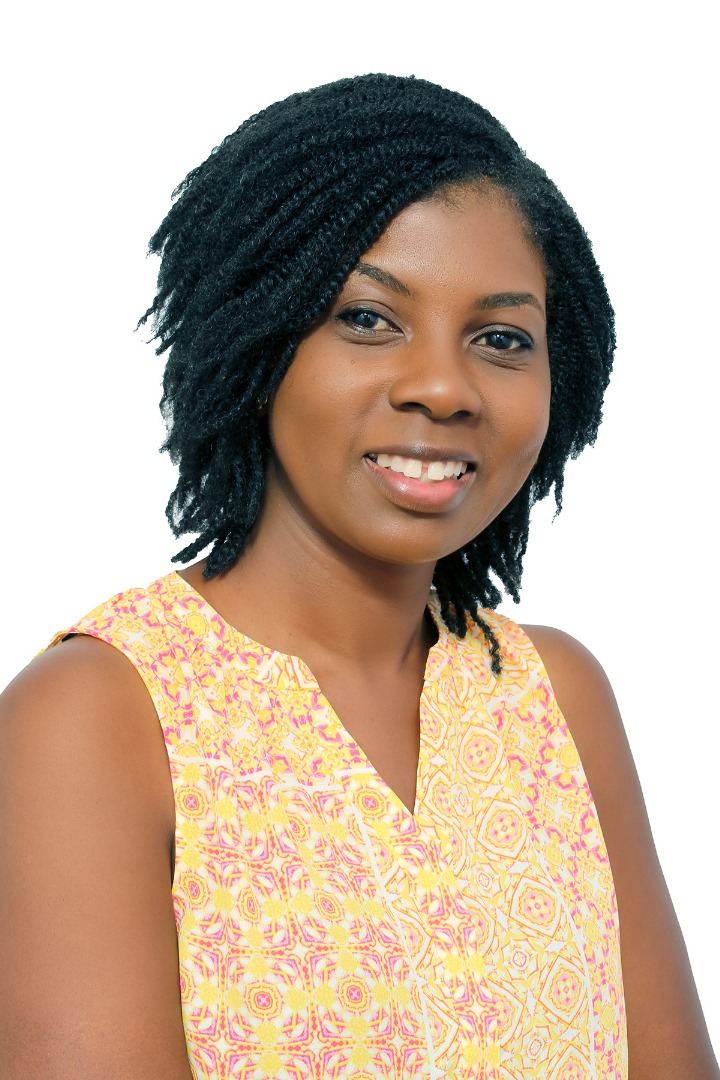 | Ms. Abena Konadu Baidoo, Chief Financial Officer, Wahu Mobility Abena Baidoo is the Chief Financial Officer (CFO) of Wahu Mobility, bringing over 20 years of extensive experience in financial management and strategic planning. With a strong background in corporate finance, Abena has held key leadership roles in various multinational companies across Africa, including positions at PwC and Databank. Her significant experience in investment banking has further enriched her expertise, allowing her to excel in financial strategy, risk management, capital raising, debt and equity structuring and operational efficiency. She has worked with multicultural teams and executed transactions across industries and with companies at various stages of growth from start-ups to mature companies. Abena holds an MBA from Anglia Ruskin University and is a certified Chartered Accountant from ACCA UK. Talk Topic: Synergising Efforts for Healthy and Sustainable Cities |
Farewell Event Speakers
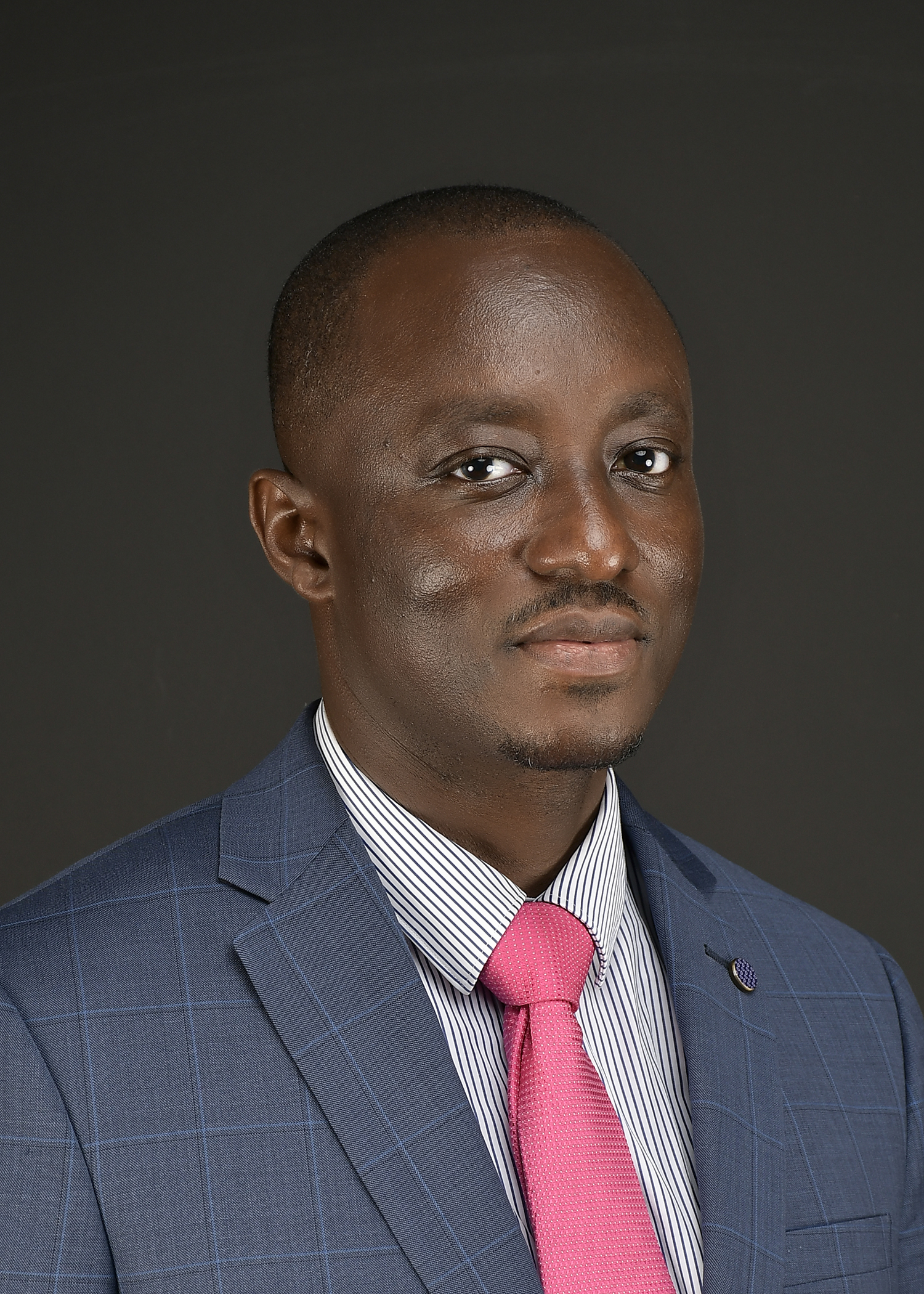 | Dr. Prince Osei, Centre President, African Institute for MathematicalSciences (AIMS) Ghana, Lead Scientist and Director of Quantum Leap Africa at AIMS Research and Innovation Centre, Rwanda |
 | Professor Maggie Dallman, OBE Associate Provost (Societal Engagement) and Professor of Immunology at Imperial College London |
Judges
